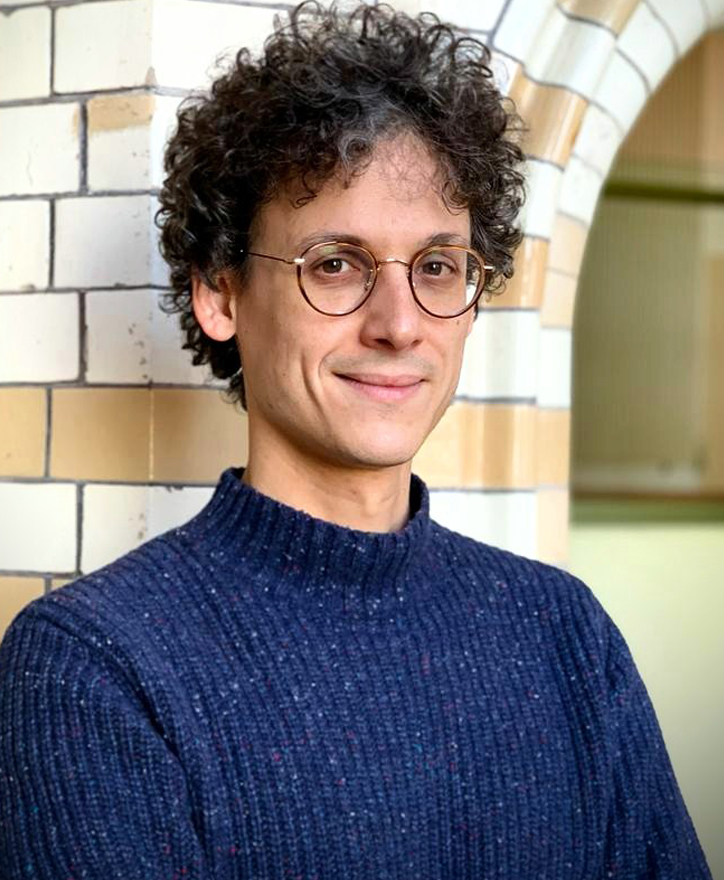Federico Rossi, 2023

Career Development Award Project Title
Circuit and synaptic logic of cortical visuo-motor integration
Who he is
Federico Rossi completed both his B.S in Molecular Biology (2010) and his M.Sc. in Neuroscience (2012) at Scuola Normale Superiore of Pisa, Italy. His neuroscience research started with an Armenise-Harvard Summer Fellowship in the Datta lab at Harvard Medical School, and further blossomed during a master thesis in the Ratto Lab at Scuola Normale. Federico was then awarded a Wellcome Trust Fellowship to complete his doctoral training University College London (2018). At UCL, working under the mentorship of Matteo Carandini, and in collaboration with Kenneth Harris and the Kullmann lab, Federico pioneered novel strategies to record the function and connectivity of neurons and deployed them to understand the brain mechanisms of vision and of epilepsy. Finally, to transition to independence, Federico was awarded a Sir Henry Wellcome fellowship, sponsored by Michael Hausser, focusing on the mechanisms of visual and motor computations both in the neocortex and in the cerebellum.
In 2023, supported by an Armenise-Harvard Career Development award, Federico launched the Functional Architecture of Neural Circuits laboratory, based at the Italian Institute of Technology – Center for Neuroscience and Cognitive Systems in Rovereto.
What he does
The animal brain is one of the most complex natural structures, built from millions of neural cells, communicating via electro-chemical connections whose activity embodies sensations, cognition, and movement. One of the greatest challenges in neuroscience is understanding how the specialised activity of individual neurons is orchestrated from their connections with other network elements; whether there are conserved circuit motifs and which computations they operate; and what difference exists in the architecture of neural pathways devoted to different functions.
Throughout most of his research, Federico addressed these problems studying the brain pathways devoted to vision, and pioneered strategies to map the blue print of their neural circuits and to measure how activity flows through their nodes in vivo. Thanks to these methods, he discovered novel brain connections that enable visual neurons to distinguish images with specific shapes or discriminate visual motion in different directions. Federico is also committed to translational research, aiming to identify the network dysfunctions that lead to neurological disorders such as epilepsy.
News from the Lab
Thanks to the Armenise-Harvard Career Development Award, Federico’s laboratory seeks to understand the neural circuits that coordinate vision and movement. They are developing new tools to study animal’s active visual behaviour, in order to map the activity and the architecture of the neural pathways that guide the adaptive pursuit of visual targets and stabilise visual perception during voluntary movements. Using this model, they aim to discover the general principles that govern the assembly, function, and plasticity of sensory and motor systems; thus, these findings may also shed light on the mechanism of sensory-motor disorders.


